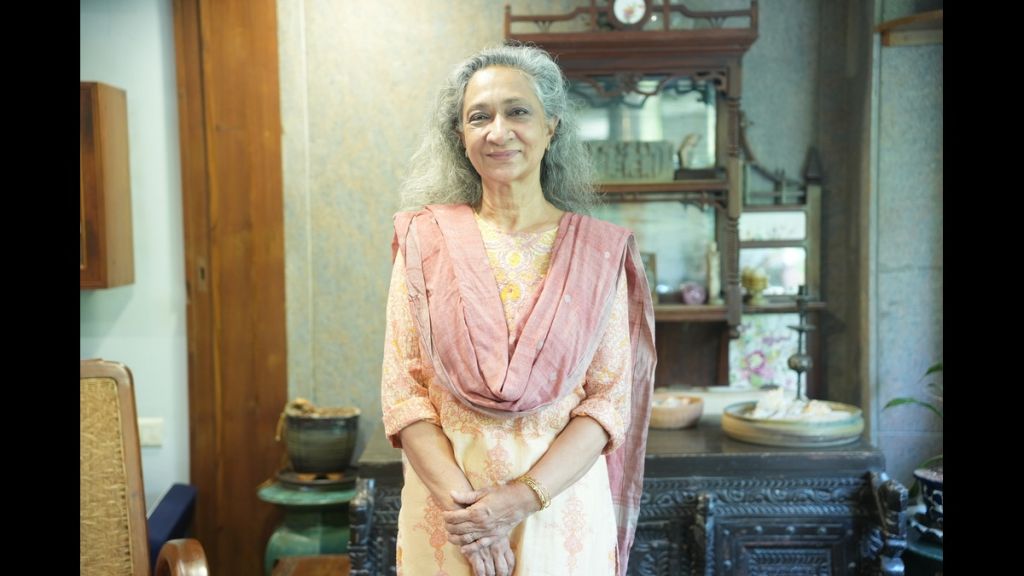
As per the 2022 United Nations Environment Programme report, three of the world’s 15 noisiest cities are in India, reflecting our lifestyle where noise is inherent. Mumbai, though not on this list, has increasingly become noisier due to traffic, honking, festivities, road digging, political campaigns and construction work.

While media articles and social media platforms have amplified the ‘noise’ around the ill-effects of this pollution in recent times, Bandra resident Sumaira Abdulali has for two decades created awareness about Mumbai’s noise problem and achieved lasting change.
“Several years ago, my uncle who lived next to a wedding hall, was facing a lot of noise disturbances and so he requested me to pursue it legally on his behalf, as he was quite old,” says Abdulali. In response to her public interest litigation (PIL) in 2003, the court ordered that no loudspeakers could be used in areas defined as silent zones.
Soon after, Abdulali was flooded with calls from fellow citizens to thank her and to share their own troubles with noise. “I tried to meet a lot of these callers and it was quite distressing—I saw a baby having convulsions, a woman having a psychotic fit and even someone threatening to take their life due to noise,” she shares.

She began to record noise levels to compile data, and realised that decibel levels around public pandals during Ganesh Chaturthi and Navratri, during fire-crackers bursting on Diwali, and due to the use of DJ and loudspeakers during Eid celebrations, political campaigns, New Year, etc were a persistent problem. She set up Awaaz Foundation in 2008, a not-for-profit, mainly to help people control noise in the city.
Another PIL filed by her in 2016 led to others moving the court with similar petitions, with the courts then passing an order that noise from all sources must to be tackled equally.

Abdulali also works to build awareness about health issues caused by noise. “When I speak to parents of young children and explain the health hazards and how kids can get affected by it in the long term, they become concerned,” says Abdulali, who received the moniker ‘Minister of Noise’.
“We are heading towards becoming a nation of deaf people and deafness is not a simple thing like when we can’t hear clearly. Deafness has been connected with dementia, Alzheimer's, lack of sleep and with a host of other problems,” she says. She believes that this problem can be tackled if people from every walk of life get involved.
Sunjoy Monga, naturalist, writer and photographer, who knows Abdulali well and has been following her work, says that she has been persistent and determined in her noise pollution campaign. “Noise was always something that was overlooked by society at large and so it is great for the city that Sumaira has been working hard to tackle this environmental cause. "Due to Awaaz Foundation's work, people, for the first time, began to seriously think how serious, hazardous and hindrance this form of pollution is. Her work has brought a lot of awareness as well as legal judgements in favour of the citizens,” he shares.